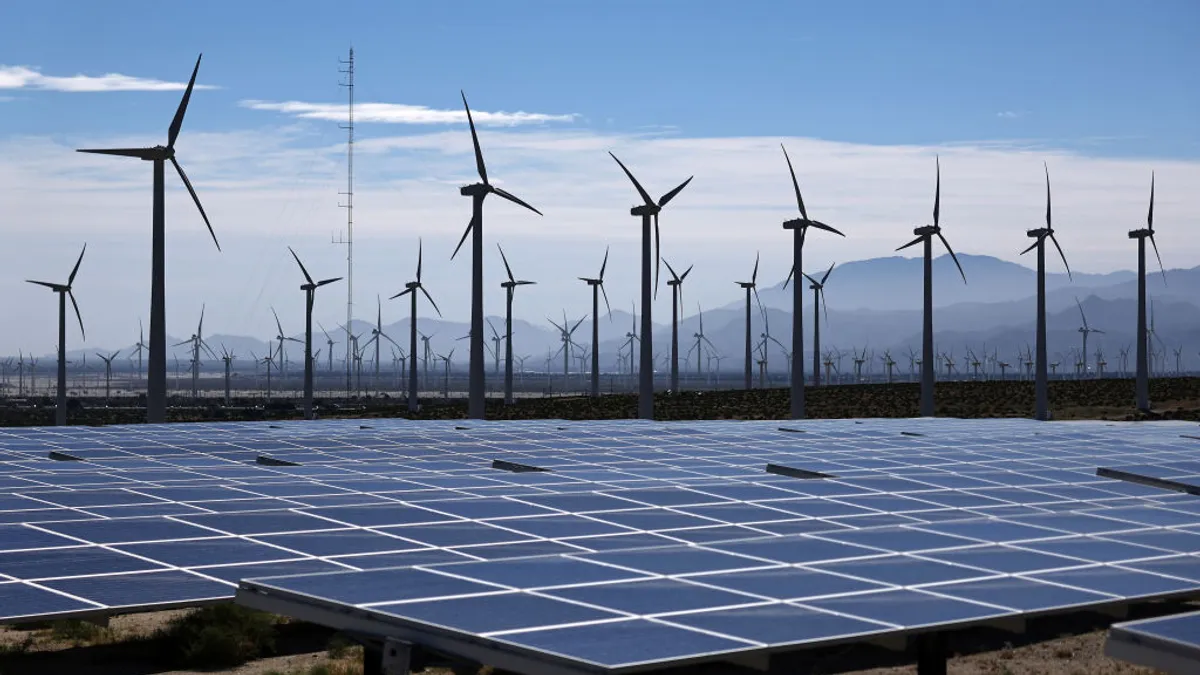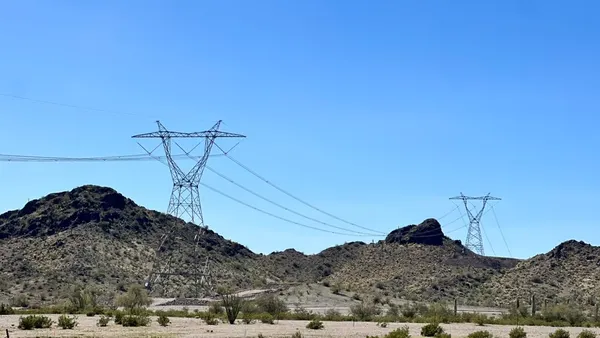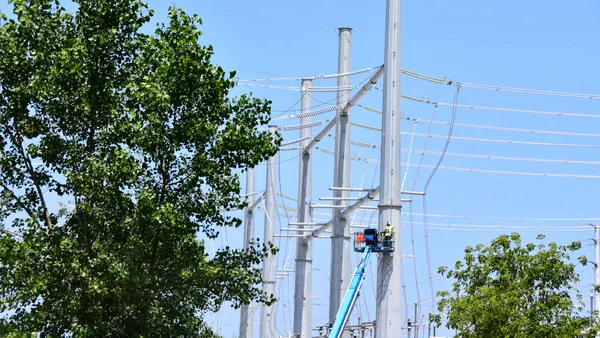Dive Brief:
- A cyber intrusion that primarily impacted natural gas pipelines has also resulted in possible late bills for some Duke Energy customers in Ohio after the utility shut down some communication systems as a precaution.
- Hackers this week infiltrated a communications platform that Energy Services Group LLC provides, which Bloomberg reports impacted five pipelines. Duke uses the same system to transmit some information, and shut it down as a precaution.
- So far a large-scale successful attack has not occurred, with the power sector consistently listing such an attack as a top priority. Last week, the North American Electric Reliability Corp. said the industry must strengthen its communications and coordination with state, federal and local governments
Dive Insight:
The recent attack on Energy Services Group's communications platform had wider impacts than initially thought. In addition to raising the number of pipeline's affected, Bloomberg reports ESG's platform is used across the country in a wide range of applications.
Michael Harris, chief executive of consulting firm Unified Energy Services, told Bloomberg that “nobody who is using the pricing platform has been able to use it to price since last Thursday."
Utilities having been increasing their security and have been preparing for a possible attack. A report from Accenture found almost two-thirds of utility executives globally believe their country faces at least a moderate risk of a cyberattack on the electric grid in the next five years. Last year, NERC hosted GridEx IV, a simulated grid attack to help utilities fine-tune their strategies and responses and
The exercise included more than 450 organizations and 6,500 individuals, and was facilitated by NERC’s Electricity Information Sharing and Analysis Center. The bulk of the recommendations to come out of the exercise focused on enhancing coordination and communication, including between utilities and state, federal and local governments.
The federal government also moved to take additional security steps. The Trump administration in February announced it would establish a new office within the Department of Energy to focus on cybersecurity, energy security and emergency responses.














